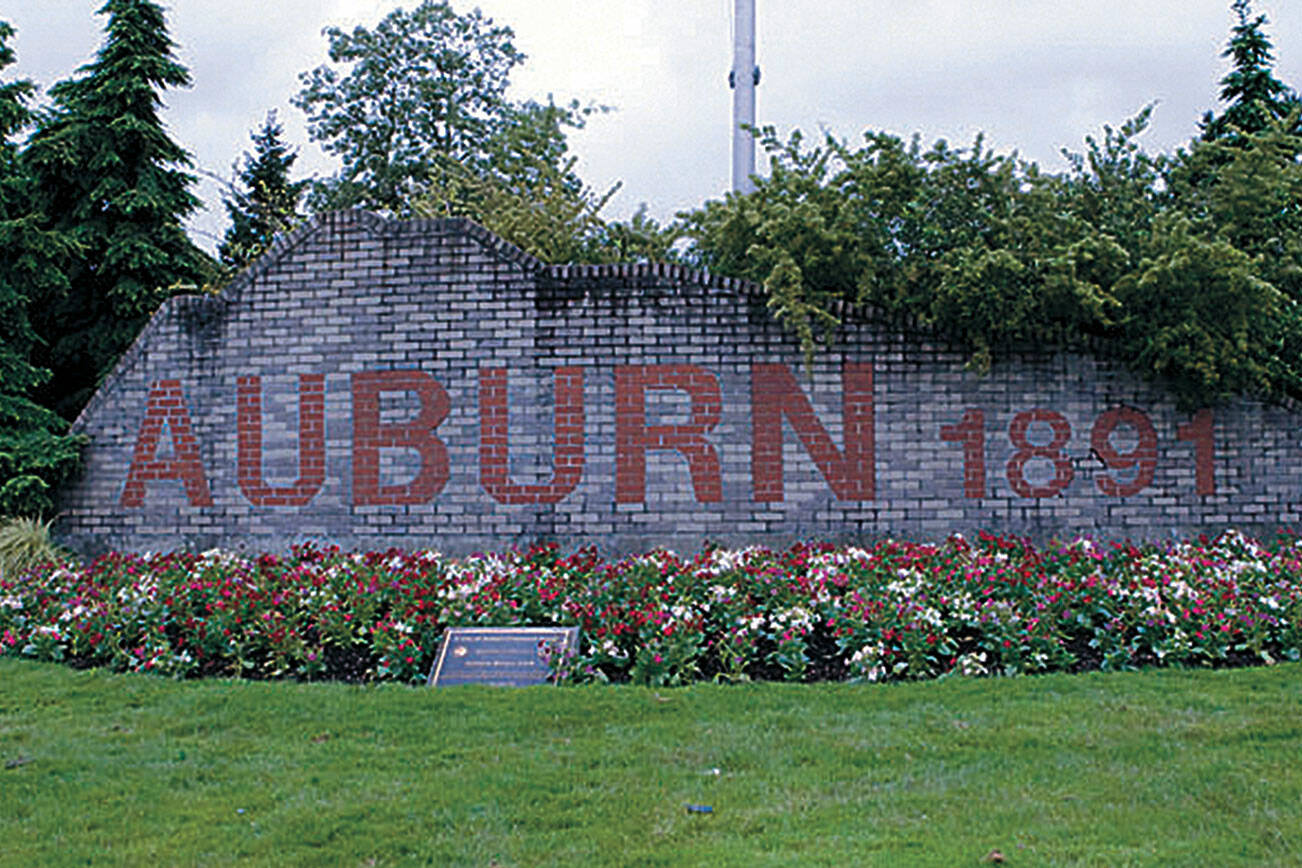Auburn City Council members discussed an ordinance Monday evening (July 8) that would alter portions of the city code as they relate to the city’s Business and Occupation Tax and administrative provisions.
City officials say the amendment clarifies the definition of “warehouse” and the conditions for consideration of waiver requests for penalties and interest. The warehouse definition is intended to make things more understandable and to identify the types of items and activities that are considered “stored.”
Additionally, the amendment seeks to clarify that outdoor warehouse space is measured based on the space available for warehousing, not solely on the size or amount of goods currently being stored.
The changes to the administrative code for penalty and interest waivers likewise add conditions for eligibility if the following criteria are met: the taxpayer has paid and filed all required taxes within the past 24 months; and any underpaid amounts that resulted in penalties and interest were the result of written instructions from the city’s finance director.
The Auburn City Council approved the city’s first ever Business and Occupation Tax on May 17, 2021, and the new taxes went effect on Jan. 1, 2022.
Since March 2021, Auburn’s leaders had been discussing various scenarios to keep the city’s expenditures from overtaking its revenues and painting the books red. Berk Consultants predicted in a 2020 study that this would begin to happen by 2023 — with the rift growing ever wider thereafter without any council action.
Here is what the council approved in 2021 by a 5-2 vote: A built-in threshold directing that the gross receipts tax would apply only to businesses whose gross receipts per year total $500,000 in revenue or more, but exempting any businesses that fell below that threshold.
The gross receipts tax assumes a variable rate structure ranging from:
• A half of 1 percent B&O tax for the retail sector;
• 0.15 percent for the services sector;
• 0.1 percent for the manufacturing sector; and
• 0.18 percent for the wholesale sector.
As for the square footage tax, the ordinance assumed a 10-cent-per-square-foot tax per economic quarter for warehousing businesses with a total of more than 4,000 square feet of space.
The ordinance included the same tax credits city leaders had been discussing since they began the process. For instance, it gave each new business a $1,000 tax credit per employee as long as the business brought at least 20 employees into the city.
As for exemptions and deductions, it offered a deduction that applies to alternative fuel and hybrid-vehicle sales.
The way that works, city finance director Jamie Thomas said at the time, is that a car dealership that meets the threshold for the B&O tax could deduct from its total gross income the value of a new vehicle worth $45,000 or a used vehicle worth $30,000 to encourage the sale of clean-fuel-burning vehicles, for example.
Employing similar language other cities were using throughout the region, another exemption recognized the services that nonprofit hospitals and nonprofit health care providers offer city residents, although such hospitals or health care centers are typically uncompensated or undercompensated by either Social Security or disability payments.


